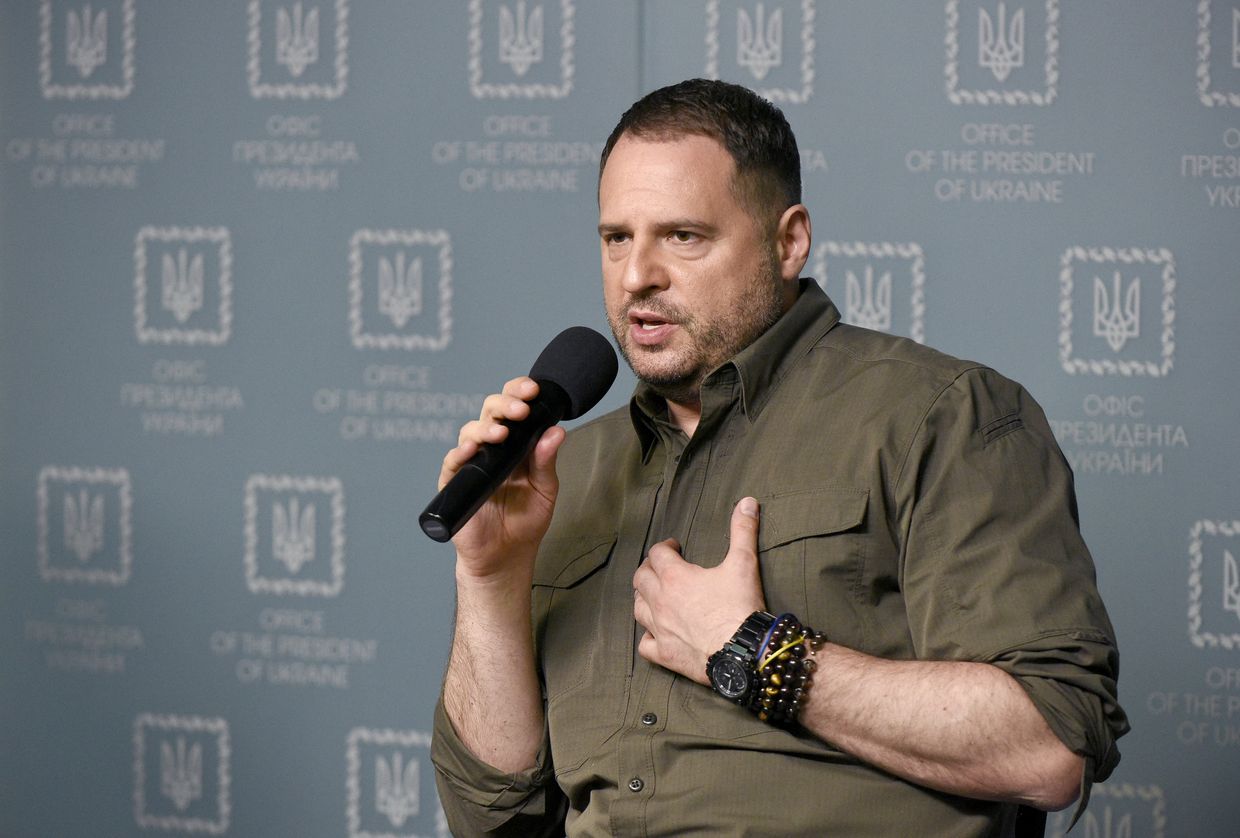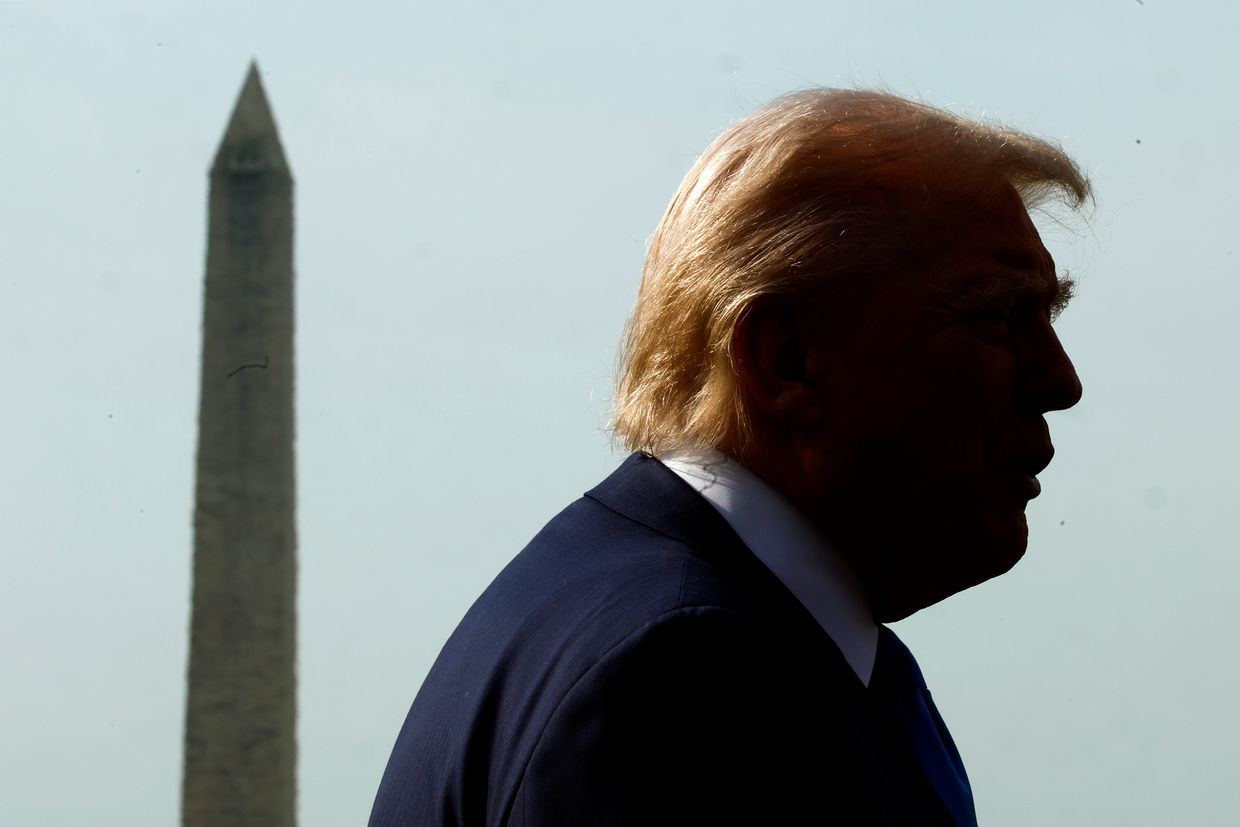
Western companions mustn’t grant untimely concessions to Russia, significantly by lifting aviation sanctions, Andriy Yermak, the pinnacle of Ukraine's Presidential Workplace, wrote in an April 30 opinion piece for the Guardian.
"On the floor, Moscow's calls for for concessions look easy and straightforward to fulfil — the definition of a fast win for either side," Yermak wrote.
"The obvious humanitarian and financial nature of Russia's request masks the political and navy benefit that any softening of aviation sanctions would hand the Russian president (Vladimir Putin) and his struggle machine," he added.
The article follows Russia's formal request that the U.S. carry sanctions on its state airline Aeroflot, Russian Overseas Minister Sergey Lavrov stated on April 11.
"The Individuals have taken it up, up to now we’ve got not seen any reciprocal step," he informed state-run media TASS. "However we’ll work on it as a result of it is a return to normality."
Lavrov linked the potential resumption of direct air service between the U.S. and Russia to Washington's determination on Aeroflot, which stays underneath heavy sanctions following Moscow's full-scale invasion of Ukraine in 2022.
Yermak argued that aviation sanctions are each symbolic and sensible obstacles towards Russian aggression.
"The traces between personal and public sector in Russia's struggle economic system are blurred — particularly for aviation," he wrote.
Yermak cited intelligence knowledge indicating that Russian airways and airports are concerned in circumvention of sanctions and transport of navy items and personnel.
"Cargo corporations equivalent to Volga-Dnepr present transportation companies for navy functions. I Fly — a constitution service — transports troopers for deployment to the frontline," he famous.
In response to Yermak, easing these restrictions would relieve home strain on the Kremlin and embolden Putin to proceed the struggle.
"Accepting it might allow a regime that has repeatedly proven intent to lengthen its struggle of aggression and undermine this opportunity for a simply, truthful and lasting peace," he stated.
U.S. President Donald Trump has publicly dominated out lifting sanctions earlier than a peace deal is reached, although Secretary of State Marco Rubio has stated restricted reduction could possibly be on the desk as a part of an eventual settlement.
On April 28, Russia introduced a short lived "humanitarian" ceasefire from Might 8 to Might 11 to mark the eightieth anniversary of the top of World Conflict II in Europe.
President Volodymyr Zelensky dismissed the proposal as "one other try at manipulation," reiterating Ukraine's demand for a whole, unconditional 30-day ceasefire as a primary step towards significant peace.
 The Kyiv IndependentAndrea Januta
The Kyiv IndependentAndrea Januta
